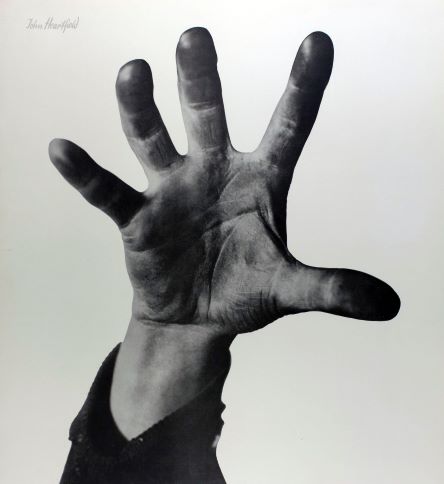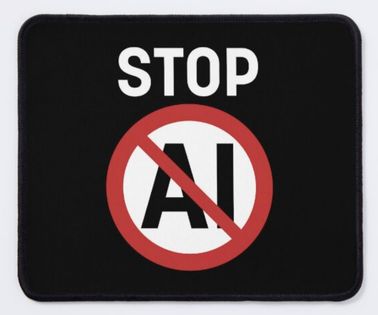



Symphony No. 3: Protest Poems

In January 2024, Eric Pritchard offered the
idea of a concert at Duke University in January 2025 to mark my 70th
birthday. For that concert, I prepared a piano quintet version of Symphony
No. 1: Popular Music of Planet X, and a version of Strange Songs for
singers and piano quintet. Given that the concert would be within a week of the
next presidential inauguration, and the extreme global political situation, I
thought it timely to set some protest poems for narrator and a chamber group. This would give me an opportunity to perform,
which has not been possible since 1982 due to arthritis and poor hearing. At
last, an opportunity to do what I do best—complain. As is my habit, I then set the piece for orchestra, giving me my third symphony. (The concert had to be delayed a year.)
The first poem, “Pity the Party”, is inspired
by “Pity the Nation” by Laurence Ferlinghetti, who in turn was inspired by a
poem of the same name by Khalil Gibran. While this is pointed directly at
today’s Republican Party in the US, it applies just as well to neo-fascist and
autho ritarian parties around the world, such as the BJP in India.
ritarian parties around the world, such as the BJP in India.
The second poem, “Father Stalin, Look at This”
is a Ukranian children’s song from about 1933. This was at the height of the
Holodomor, when Stalin deliberately starved six million people to death in the
process of collectivizing farms.
The third poem, “Political Theology”, I wrote
a few years ago in disgust with the power of religion in governments through
history. It is also critique of a civilization that is based on the destruction
of Nature, and which is hell-bent on catastrophic overpopulation and
extirpation of resources.
The fourth poem, “The birds don’t know about
self-immolation”, was posted anonymously on social media two days after Aaron
Bushnell burned himself to death in front of the Israeli embassy in Washington
DC on February 25, 2024, to protest the war in Gaza.
The fifth poem, “Artificial Insanity”, I wrote
(with a little ironic assistance from artificial intelligence, which I couldn’t
resist) based on Alan Ginsberg’s poem “Howl”. It is about the threat to our
mental health and culture from modern technology, especially AI.
Performance
notes
The
symphony is scored for winds in pairs (second flute doubles piccolo),
four horns, two trumpets, two trombones, bass trombone, tuba, timpani,
narrator, and strings.
Should this music be performed in places and
times where the references are unknown, obscure, or irrelevant to the audience
and musicians, the texts may be changed to be more applicable to the local
situation.
Cover art; anti-fascist poster by John
Heartfield, Germany early 1930’s